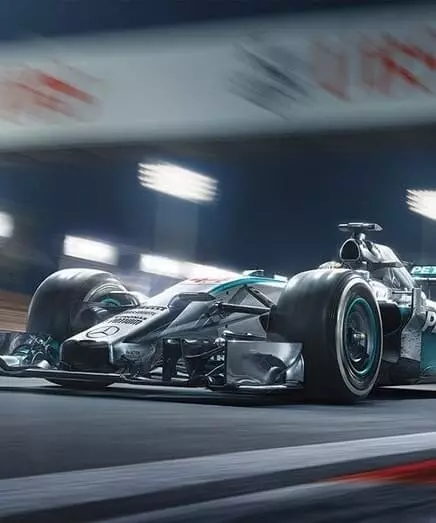Ragnotti Sweatshirt
$63.50 VAT included (where applicable).
- 0Ordered
- 0Dispatched
- 0Arrived
- Secure payment

Car related doesn't mean dirty. At GPBox, we pay monthly to offset the carbon footprint caused by our service.You can contribute $1 on top too!
Shop Reviews
This shop is worth finding, worth knowing and worth loving but buyers have still to leave a review.
Discover products with the peace of mind of hassle free returns and secure shopping!
Description
The Renault Clio Williams was actually an homologation special in the familiar mould. It was built because Renault Sport wanted to go rallying and the class maximum displacement stood at 2 litres. Given this was still the era of homologation into classes A and N, Renault simply had to build 2500 road cars to qualify, although it would eventually build many more. On tarmac roads, Jean Ragnotti had success with the Clio Williams and later the Clio Maxi. The Clio 15″ wheel is one of the most prettiest wheels from the 90’s, so it was obvious that we had to illustrate it due to our love for the french hot hatch. Our tribute to the car and the driver itself could only have one name. We present to you, the Ragnotti! Renault Sport did a thorough job. The suspension uses a reinforced front subframe borrowed from the Clio Cup racer, plus uprated springs, dampers, rear torsion arms and thicker anti-roll bars. The track is increased by 34mm and the 7J Speedline alloys are half an inch wider than the 16v’s, and unforgettably gold. Obviously. The gearbox is stronger, too, with revised ratios. There was just one exterior colour offered for the first generation of Williams – ‘449’ Metallic Sports Blue – and the cumulative effect of body (already blistered of arch, front and rear, and bulging of bonnet from the 16v), paint and those wheels is as close to hot-hatch perfection as I think you could ever hope to get. It is a small car, with a wheel pushed to the very extremity of each corner; a little shorter, slightly wider and significantly lower than a Clio 172 or 182; so tiny as to be incomparable with a current RS Clio. Now as then it’s the engine that shines the brightest, producing 148bhp at 6100rpm and 126lb ft at 4500rpm. Codenamed F7R and developed from the 16v’s 137bhp F7P unit, it features a longer stroke and bigger bore size, and benefits from a stronger crankshaft (borrowed from the diesel Clio) plus new pistons, camshafts and conrods, with bigger valves and a lightweight exhaust manifold. Granted, those numbers today seem almost comically weak for a frontline supermini hot hatch, particularly the lowly rev-peak for maximum power – it may be naturally aspirated, but it’s hardly a ‘screamer’. Yet, as ever, context paints an altogether different picture: the Williams weighs just 981kg (marginally more than the 16v) and the big benefit of the new engine over the regular 1.8-litre lump was torque; not just the peak, but the fact that 85 per cent of it arrives from 2500rpm. This is our tribute to the Renault Clio Williams, and one of their most famous drivers: Jean Ragnotti.
nineone's policies
Shipping policy
Refund/Exchange policy
Cancellation policy
Accepted payment methods
More from this shop
Visit shop-
 nineone
nineoneDer Rallye Golf T-Shirt
$32.00 VAT included (where applicable). -
 nineone
nineoneMiata Hoodie
$76.00 VAT included (where applicable). -
 nineone
nineoneRS200 EDC Hoodie
$75.50 VAT included (where applicable). -
 nineone
nineoneS1 Rallye Sweatshirt
$52.92 VAT included (where applicable). -
 nineone
nineoneTommi6 Hoodie
$75.75 VAT included (where applicable).

Ragnotti Sweatshirt
$63.50 VAT included (where applicable).












